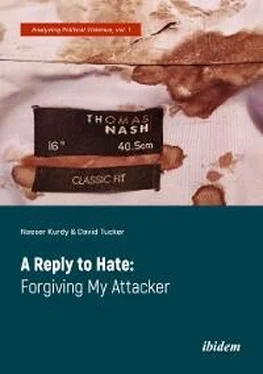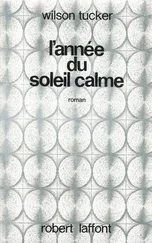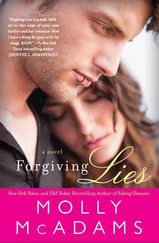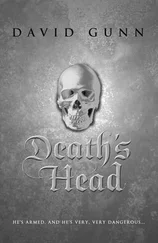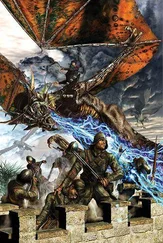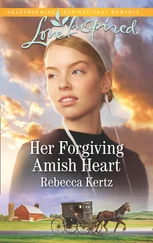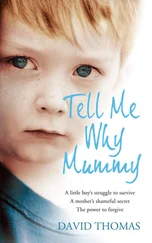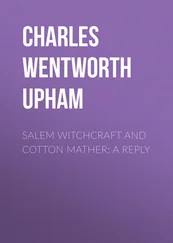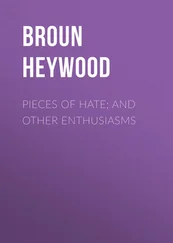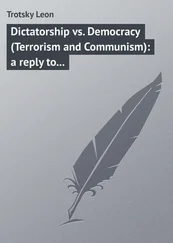Looking at my father’s photos from the 1950s, I am not surprised why my mother fell head over heels for him. He was tall and handsome, he was a good swimmer, and he had a presence. As might be imagined, my parents marrying was part of a somewhat difficult story because they went against usual traditions at the time of Muslims marrying Muslims and Christians marrying Christians. I met one of my Christian cousins a few years ago and they told me about the impact the marriage had on the community at the time, but my mother was going to have it her way and that was that. She did finish high school, which was exceptional in the 1950s, but beyond that she was self-taught; she spoke, typed and used shorthand in three different languages. In her younger days she managed to work as a personal assistant to a number of high-ranking politicians in Damascus, which was where I spent the first ten years of my life. I recall starting my primary education at a French school, L’école Laïque, which was walking distance from where we lived, but the school was unfortunately closed after the six-day Arab-Israeli War that took place in June 1967. I still recall the tanks stationed outside our apartment building during that time. So many things changed for my family after this conflict and eventually, for a number of reasons, we all moved to Kuwait for a new start. First my father, then mother, a year later myself and then another year later my brother joined us.
At the time, Kuwait was one of the wealthiest oil countries in the Middle East, and it was there that my education changed from French to English, in a school which is still going strong today. The New English School was founded in 1969 by a visionary couple, a Kuwaiti man and his British wife. The curriculum was taught primarily by British teachers and over a relatively short period the school began preparing its students for O-level and A-level exams. My mother was a strong believer in education and we always had the best schools chosen for us, despite the fact that our means were, at best, moderate. Consequently, a good portion of who we are, of how we live and what we believe—my brother, sister and I—is owed to her. I still remember the first time we joined that school one summer. It was on the grounds of a large villa, possibly an embassy, where they had an outdoor swimming pool that I still remember swimming in. We would get changed inside the building and walk as a class to the outdoor pool which was built up off the ground like a large concrete tank, and we would dive into it. The joy of swimming at this school is something I still recall to this day.
At some point my mother realised that people who were aiming for a high-quality education were sending their children to Lebanon, so in 1973 my brother and I were sent to a boarding school there. This must have been a very big and brave decision for our parents. Fortunately, my older brother was much more streetwise than me and he was entrusted to look after us both! First, we went to a nunnery for the summer, a boarding school run by nuns. Here we were taught mainly French, but this also gave us an introduction to beautiful Lebanon. We had many school trips and I even remember watching my first Bruce Lee film, Fist of Fury , that summer, and for whatever reason the image of a gold Lamborghini is firmly etched in my mind. Lebanon was after all the French Riviera of the Middle East. When term started, we joined Brummana High School. This was a beautiful (and expensive) school situated on the mountain overlooking Beirut. The school had been founded by the Quakers and also had an English-based curriculum. We were there for two years and it was at this school I sat my O-level exams. Unfortunately, in October 1973, and while we were just settling at Brummana High, another Arab-Israeli war broke out. I still recall peering up at the sky from the school grounds with fascination, watching fighter jets chase each other, though I had no clue what was going on. The war did not last long and fortunately it did not have any immediate impact on our education or our safety.
By 1975 I was getting ready for those O-levels, when everyone at school started noticing heavy guns and various bits of military equipment settling on the mountainsides near the school. Then just a few weeks before our exams, in April, the civil war in Lebanon broke out. We were mostly locked in at school, but, despite the mayhem, the uncertainty and danger, we were still able to sit our exams. However, by the end of the exam period the situation in Lebanon had become extremely dangerous and we were trapped at school even though term had finished. I don’t recall all the details, but we were not able leave the grounds of the school because of all the warring factions. The Palestinian forces, the various Lebanese forces and the Syrian forces all had roadblocks. At these roadblocks one of the most sinister and depressing aspects of the war would take place: innocent people were being summarily executed based on their identity. It was rumoured that if someone were stopped at a roadblock without an ID card, the militia men would ask the person to pronounce the word “tomato”; because of the various dialects, each faction pronounced the word differently. How you pronounced the word tomato literally meant life or death. My parents were extremely worried, as we ticked the wrong boxes for most of these roadblocks. We were Muslim, carried Jordanian passports and were born in Syria! That civil war proved to be very violent, but we were extremely fortunate when for a couple of weeks, a truce allowed my brother and I to travel to Syria, all the way by taxi, to join our parents. It was just over a hundred-kilometre journey and we had to borrow the taxi fare from our maths teacher. We left in a hurry and we escaped with only our passports. We did return to Lebanon a few years later to collect our belongings from the school. I recall sitting in the back of the car looking at all the destroyed buildings riddled with bullet holes. The image of Beirut at the time can perhaps best be likened to that of bombed-out Sarajevo. That Riviera version of the place had disappeared. After escaping from Lebanon, we returned to Kuwait where two years later I completed my A-levels at my old school. I was doing relatively well in my studies and so I applied and was accepted to study medicine in the UK, at Dundee.
August 1977 was the first time I ever left home on my own. I remember landing at Heathrow and staying the night at one of the airport hotels as we had missed the connecting flight. I arrived at the hotel very late, I had no clue how to order room service and I ended up going to sleep feeling hungry and lonely. That was my first night away from home! Early next morning I took my flight to Edinburgh. It is difficult to put the experience of my first day in the UK into words. Everything I was seeing was new to me, there was a great deal to take in and I felt overwhelmed. At Edinburgh airport, I asked the taxi driver to take me to the train station as I knew I had to take a train to Dundee. I had never been to such a massive railway station before. As I arrived at Waverley train station, I recall seeing so many trains for the first time in my life. The thought of ending up lost on a train somewhere in Scotland was very daunting and I just sat in the taxi. Eventually I asked the driver if he could take me all the way to Dundee and I gave him the address, Belmont Hall of Residence. He was very happy to oblige! Two hours later we arrived at Dundee, but to my surprise, the driver did not know where Belmont Hall was and he needed to ask for directions! Finally, I was safely dropped off at my halls of residence to start what would be six years of medical studies in Dundee. As soon as I entered my room, I just fell onto my bed and started crying. It wasn’t the journey that had been the most distressing, it was the fact that when I arrived in Dundee, I could not understand anyone I spoke to. Yes, it sounded as if they were speaking English, but not the English I learned at school; Scottish English was something else entirely. In case you are wondering, the taxi fare cost me twenty pounds that day!
Читать дальше
